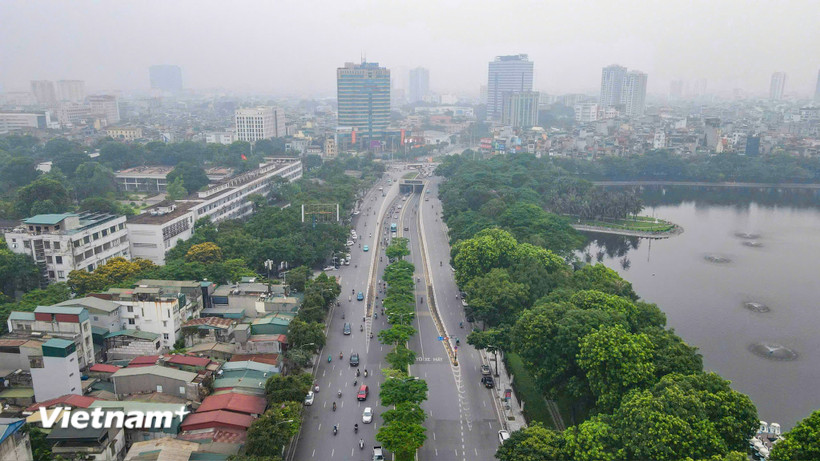
Hanoi 's Ring Road 1 will ban gasoline-powered motorbikes from July 1, 2026. (Photo: Hoai Nam/Vietnam+)
It is expected that a series of mechanisms and policies of Hanoi city will be issued to realize the conversion of green transportation means and electric vehicle charging station infrastructure in the area.
Support for conversion and car loans
According to the report of the Hanoi Department of Construction, in the draft Resolution on converting to green vehicles and developing a charging station system that is soliciting opinions from departments and branches, there are a number of proposed policies such as: Direct cash support for individuals who are owners of motorbikes and scooters using gasoline or diesel fuel (registered before the Resolution takes effect) in low-emission areas, when converting to green vehicles with a value of VND 15 million or more. The maximum support level is VND 3 million/vehicle; for near-poor households it is VND 4 million/vehicle and for poor households it is VND 5 million/vehicle. Each individual is supported with 1 vehicle until the end of 2030.
The city also supports preferential loans with an interest rate of 3-5%/year, a limit of 100% of the loan contract value and a loan term of no more than 5 years. The subjects include public service units, passenger transport businesses (except buses) and goods when investing in and purchasing green means of transport, as well as businesses investing in facilities for collecting and recycling old vehicles.
The city budget supports 100% of registration fees and license plate registration fees for green vehicles from the effective date of the Resolution until the end of 2030. The city also stipulates preferential rates for parking services for green vehicles.
Banning gasoline motorbikes: Must solve the problem of conversion support and charging stations
Relevant ministries, branches and agencies must be responsible for researching solutions and proposing implementation mechanisms to convert gasoline-powered motorbikes to electric vehicles.
The city requires that at least 10% of parking spaces in existing buildings must have charging stations by the end of 2026. For new projects, this rate is 30%, while prioritizing the construction of charging stations on sidewalks and encouraging investment in hydrogen and other clean fuel stations.
To ensure the above goal is achieved, Hanoi requires that at least 10% of parking spaces at existing projects must have charging stations before the end of 2026; at least 30% of parking spaces at new projects must have charging stations.
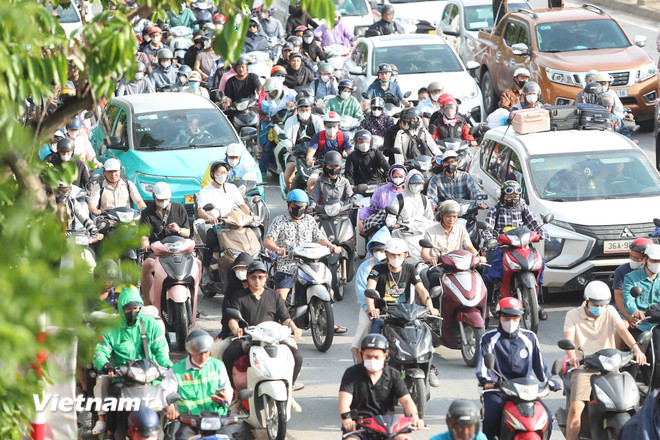
Hanoi will have to ban gasoline-powered motorbikes in Ring Road 1 from July 1, 2026. (Photo: Viet Hung/Vietnam+)
In addition, the city budget will support 70% of bank loan interest in the first 5 years for clean energy charging station infrastructure investment projects. Bus station and parking lot projects with at least 30% of parking spaces with charging stations will be supported with 50% of site clearance costs and 100% of land rent in the first 5 years. The city also ensures sufficient energy supply, free support for survey, grid connection design and promotion costs.
The city strongly encourages investors to participate in developing clean energy transport infrastructure through the form of PPP (public-private partnership). These investors will be given priority in land allocation and 100% support for land rent at planned locations until the end of 2033. The city also commits to synchronous investment in transport and technical infrastructure to effectively connect with clean energy station projects.
Along with the above policies, the Department of Construction will also supplement specific processes and procedures for beneficiaries to enjoy incentives and support, avoiding the situation where policies are issued but not effectively implemented in practice.
Penalty double for vehicles violating the prohibition zone
Hanoi also proposed a roadmap to pilot and expand the ban on personal gasoline/diesel vehicles, and pilot the restriction of gasoline-powered motorbikes from January 1 to June 30, 2026.
Accordingly, Hanoi city will ban motorbikes using fossil fuels in Ring Road 1 from July 1, 2026, in Ring Road 2 from January 1, 2028; limit private cars using gasoline/diesel in Ring Road 2 from January 1, 2028; and expand to Ring Road 3 from January 1, 2030.
From 2035-2050, non-green motor vehicles (including CNG and hybrid vehicles) will be restricted at each level. Specifically, restrictions will be in Ring Road 1 from 2035, in Ring Road 2 from 2040, in Ring Road 3 from 2045, and city-wide restrictions from 2050.
In addition, the City will also collect traffic fees and adjust parking service prices to apply according to the above roadmap for polluting vehicles.
Hanoi will install surveillance cameras and organize patrols. Violations of emissions or entering restricted areas will be subject to high administrative fines (up to twice the current regulation).
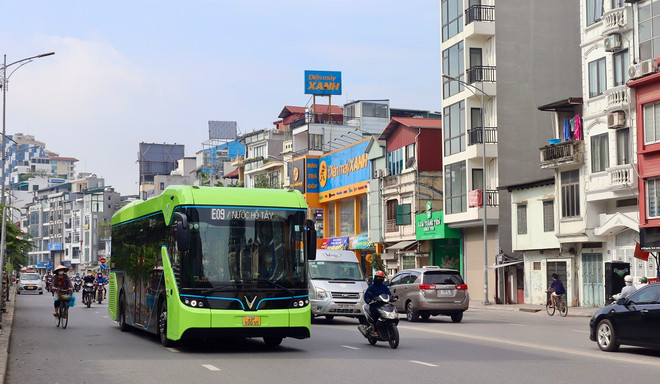
Hanoi will continue to deploy more electric bus routes. (Photo: Viet Hung/Vietnam+)
Regarding the conversion of electric buses and green energy, it is expected that in the second quarter of 2025, Hanoi will continue to put 2 more electric bus routes with 32 buses into operation (bus route 43 with 15 medium electric buses and bus route 34 with 17 large electric buses). The total number of converted electric buses in 2025 is 98 buses/accounting for 5.2% of the total number of vehicles on the network.
From 2026 onwards, after having the norms and unit prices for medium and small electric buses, organizing bidding for bus routes that have expired bids to use electric buses and green energy according to the roadmap.
After the Resolution is issued, the Department of Construction is expected to advise the City People's Committee to issue a detailed plan assigning specific tasks to each relevant department, agency and sector to implement all policies stipulated in the Resolution, including: financial support policy; preferential policy on fees, charges and service prices; policy on management and removal of old vehicles; application of fees, charges and service prices; restriction of use, collection of traffic fees, increase in parking service prices for polluting vehicles; traffic organization, monitoring and handling of violations; policy to support the development of a clean fuel station system and policy to encourage investment in clean fuel stations./.
Source: https://www.vietnamplus.vn/ha-noi-hien-thuc-hoa-muc-tieu-chuyen-doi-xe-xang-va-tram-sac-dien-ra-sao-post1049921.vnp


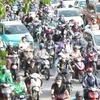
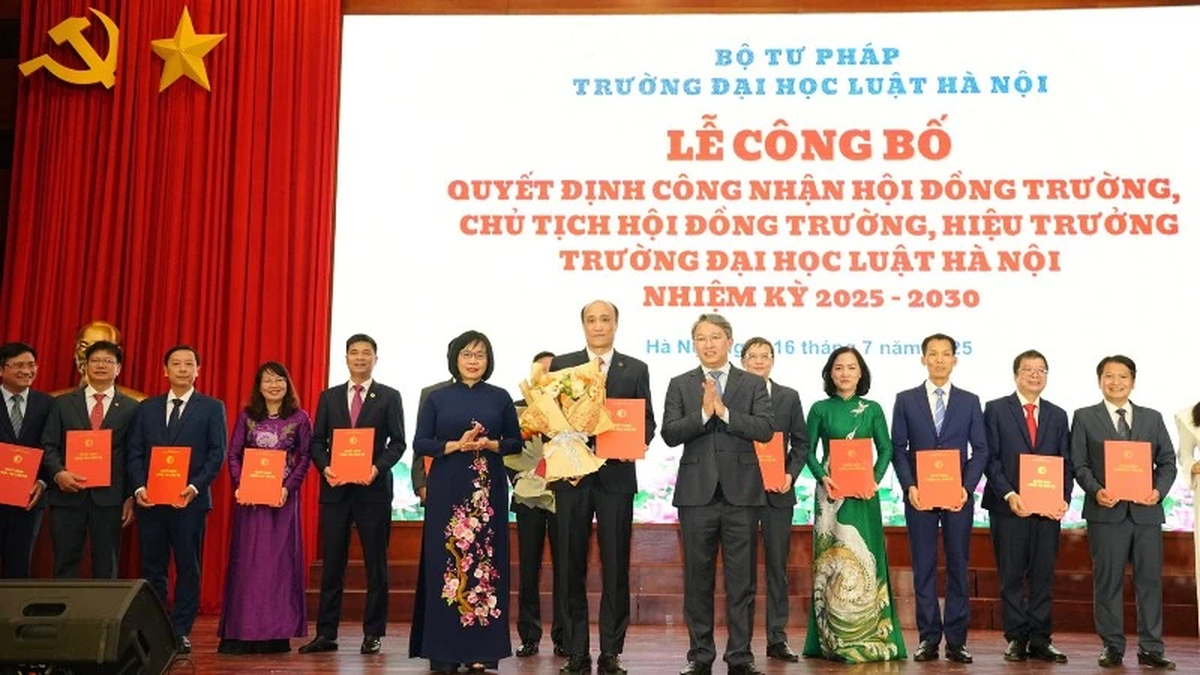



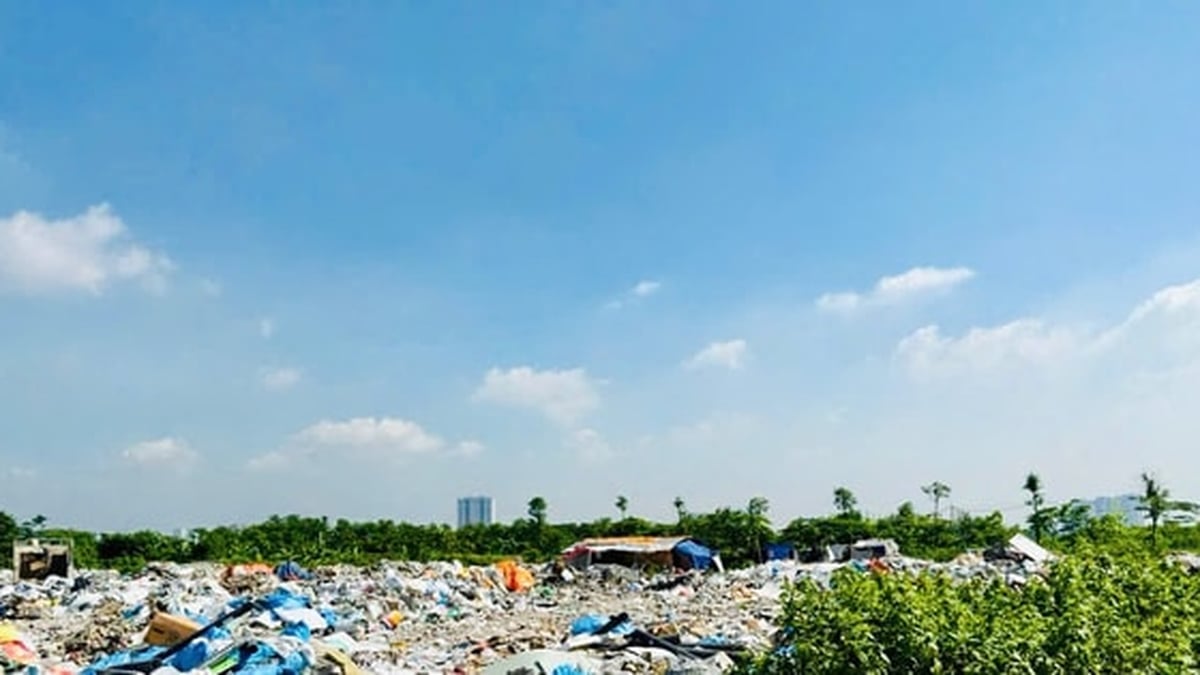
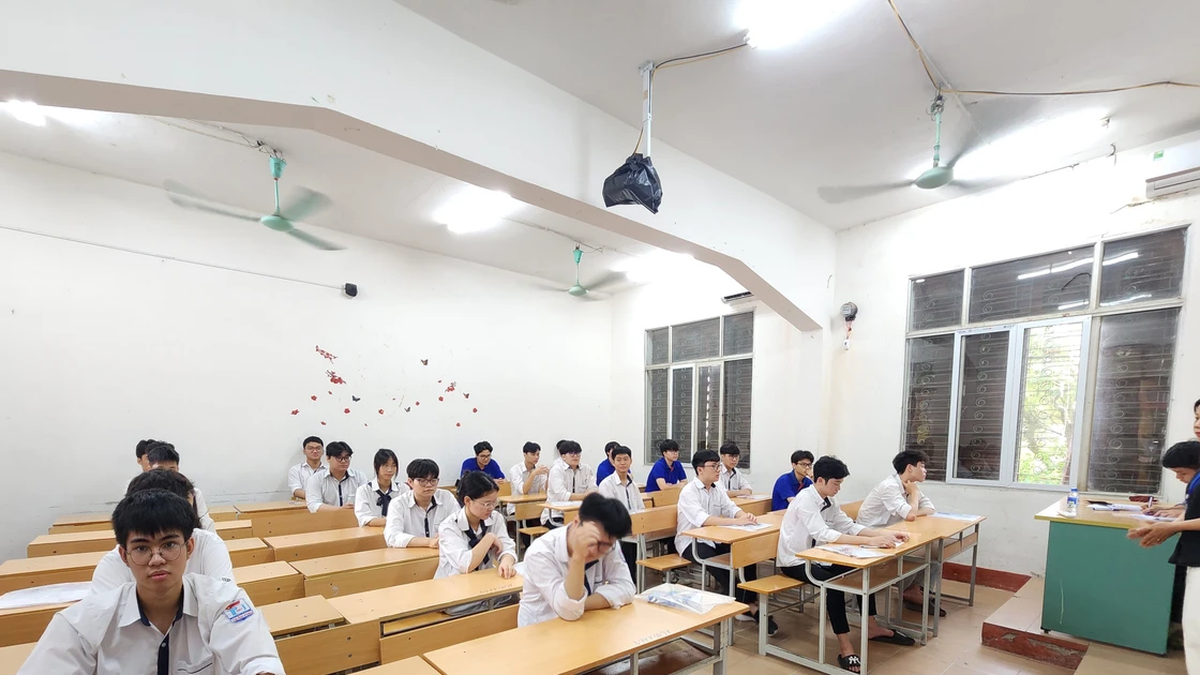

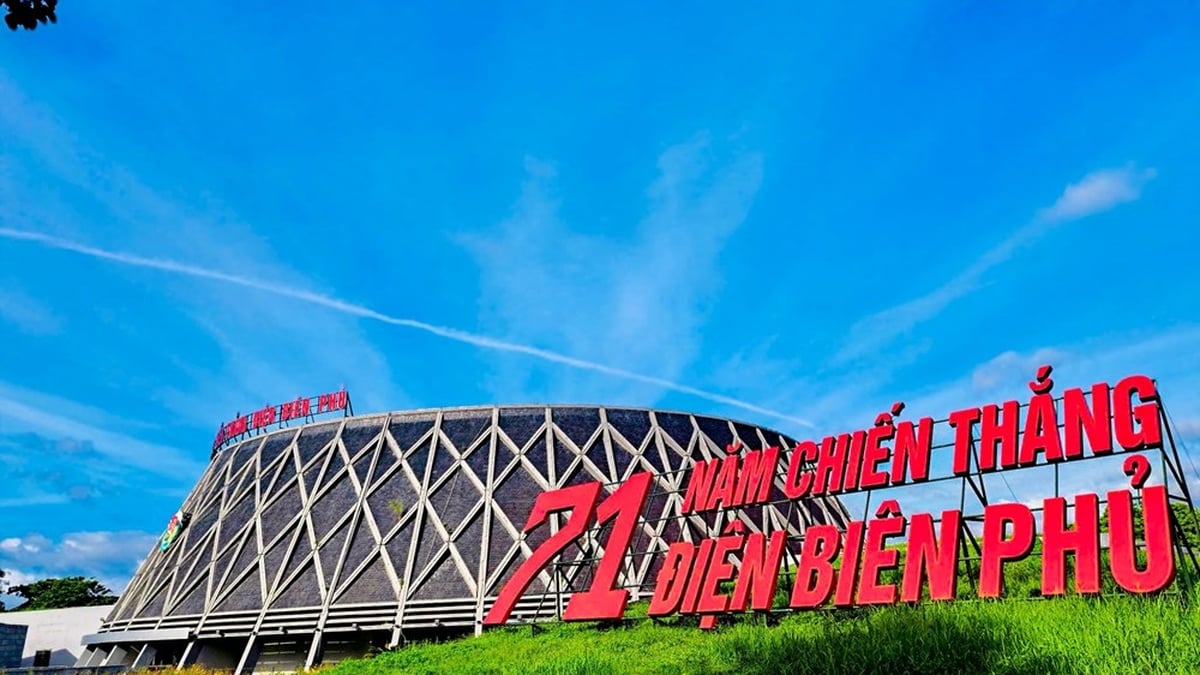
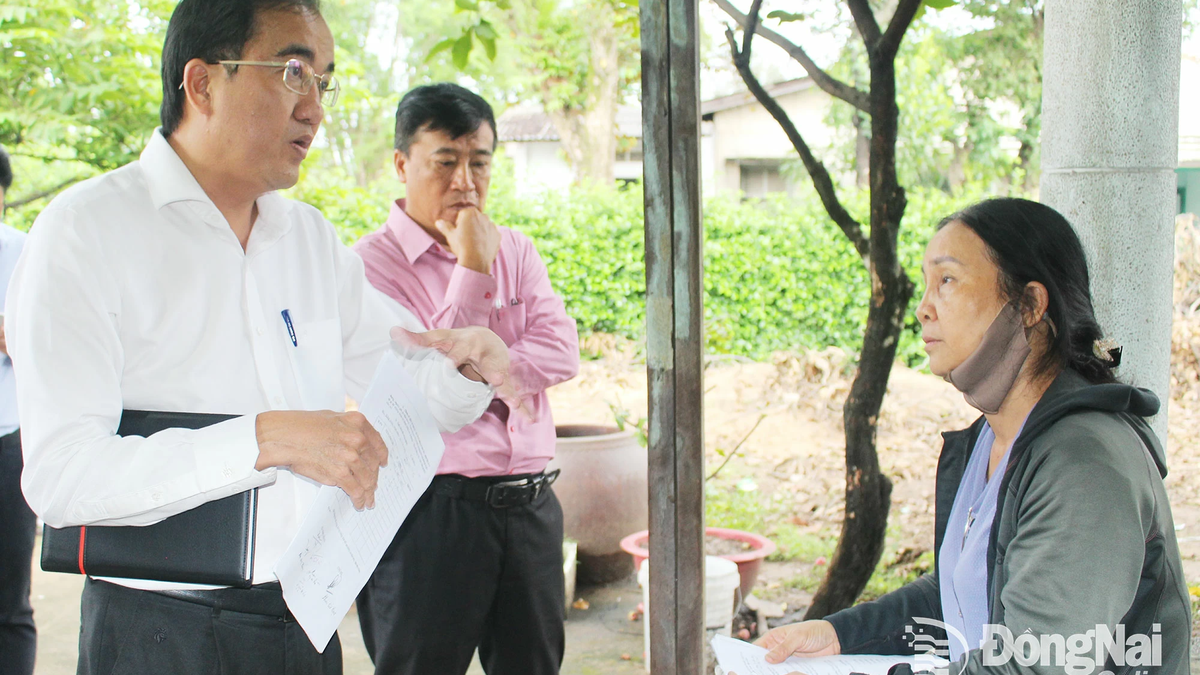
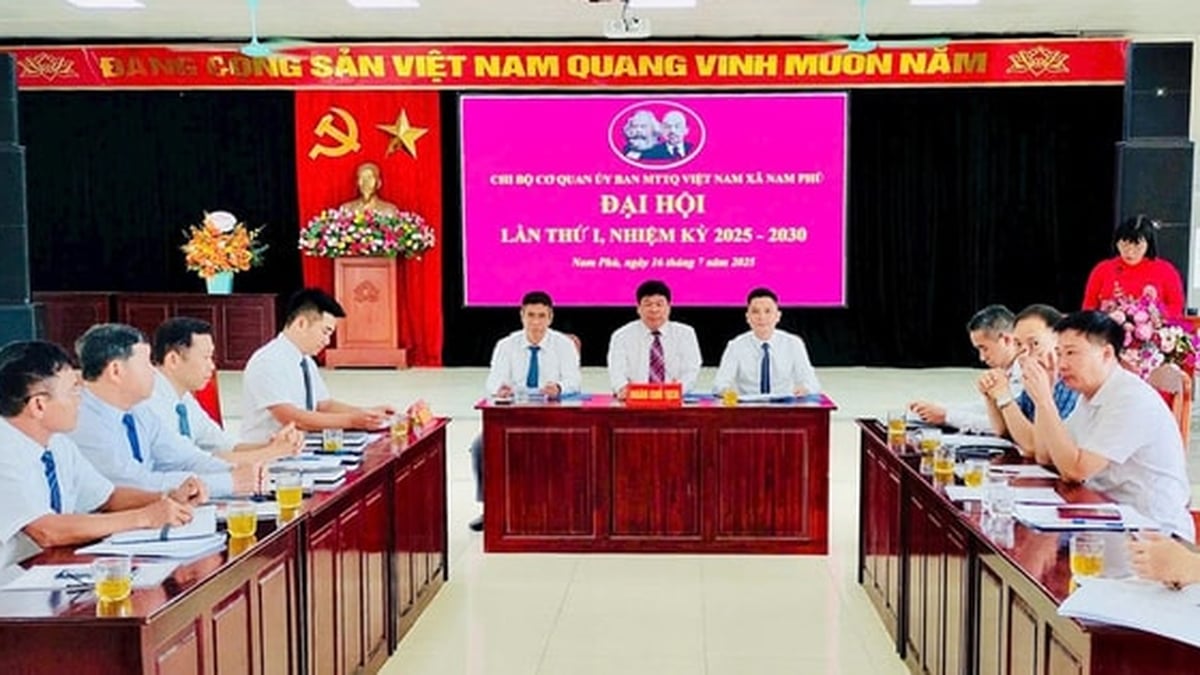







































![[Maritime News] More than 80% of global container shipping capacity is in the hands of MSC and major shipping alliances](https://vphoto.vietnam.vn/thumb/402x226/vietnam/resource/IMAGE/2025/7/16/6b4d586c984b4cbf8c5680352b9eaeb0)













































Comment (0)